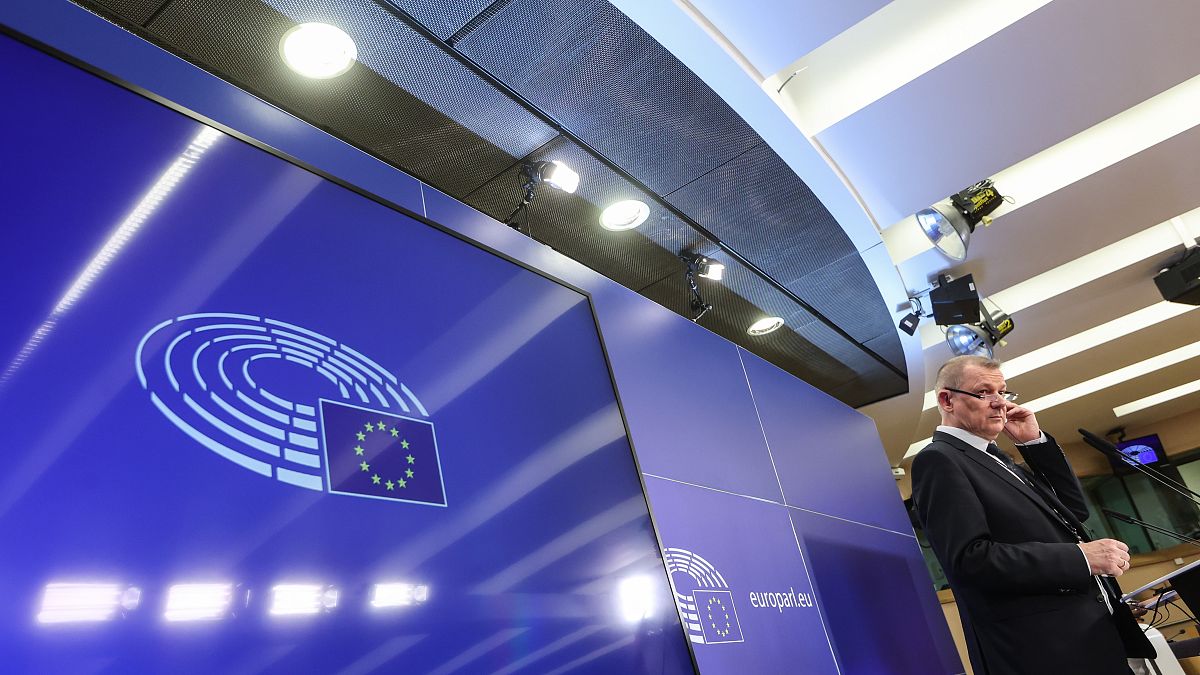Pieper quits, casting shade on von der Leyen appointment process
Markus Pieper won’t be starting work at the European Commission, after his recruitment drew censure from MEPs. Markus Pieper’s renouncement of the post of European Commission small-business envoy after his recruitment drew censure from the European Parliament has cast doubt over the process by which he was appointed in von der Leyen’s Commission. Pieper, currently […]


Markus Pieper won’t be starting work at the European Commission, after his recruitment drew censure from MEPs.
Markus Pieper’s renouncement of the post of European Commission small-business envoy after his recruitment drew censure from the European Parliament has cast doubt over the process by which he was appointed in von der Leyen’s Commission.
Pieper, currently an MEP, had been appointed to the lucrative position in January, and was due to start work today (16 February).
But the recruitment to the supposedly impartial executive drew accusations of cronyism, as Pieper belongs to the same German political party as Commission President Ursula von der Leyen, the Christian Democrat Union.
“The President both respects and regrets Markus Pieper’s decision not to take up his post as SME [small and medium-sized enterprise] Envoy on 16 April as planned,” said a statement published late Monday by Commission spokesperson Eric Mamer.
Pieper, who’s been an EU lawmaker since 2004, was a “proven expert” on small and medium-sized businesses, Mamer said, adding that selection procedures will be reopened after EU elections due in June.
Official guidance says senior Commission appointments should be proposed in agreement with portfolio Commissioners – though in this case the EU’s SME Commissioner Breton clearly had reservations.
A Commission spokesperson told Euronews that, irrespective of the published guidance, it was “established practice” to submit lead candidates for senior jobs merely after consulting the relevant Commissioner “with a view to agreement”, implying Breton wouldn’t need to have consented.
Pieper, who did not immediately reply to Euronews’ request for comment, reportedly did not perform well in early stages of the internal assessment.
In a statement made to German newspaper Handelsblatt yesterday, Pieper said he wouldn’t be able to carry out his tasks as Breton had “boycotted my taking office within the Commission in advance,” which Pieper said was “poor form and motivated only by party politics.”
Sources close to Breton said accusations of boycotting or party politics on his part were “ludicrous at best”.
Breton himself highlighted the importance of “transparency and collegiality” in Commission appointments, in a post on social media network X.
In a landslide 382-144 vote last week, largely made on party lines, MEPs asked von der Leyen to rescind the hire and restart the process.
The hiring also drew criticism from some of her own senior lieutenants, and from activists such as Transparency International.
“Markus Pieper made the right choice,” Transparency International EU’s Director Nick Aiossa told Euronews in a statement. “For an appointment that smacked of political cronyism it should have been President von der Leyen who came to this conclusion weeks ago.”
Mamer has previously said that Commission rules were fully complied with during the hiring procedure, and that the EU executive retains independence over recruitment.














